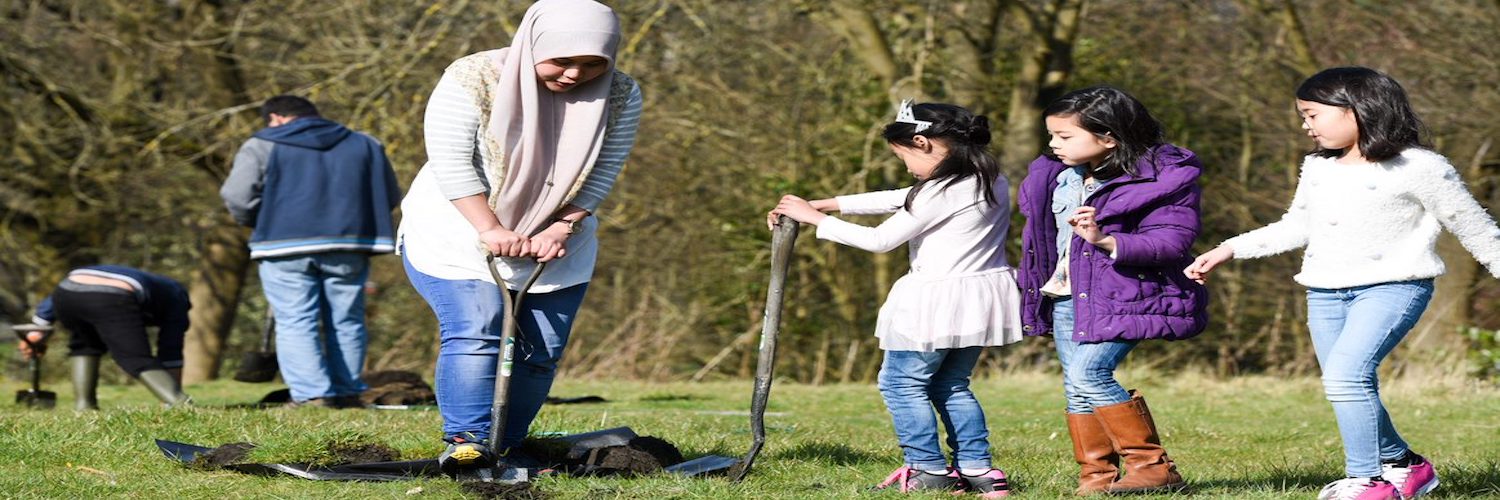The Orchard Project
Planting and caring for city orchards
London may seem a surprising spot to find orchards, but place names like Perivale (‘pear tree valley’) and Plumstead (‘place of plum trees’) reveal a rich orchard-growing heritage. This heritage is under threat; the city has already lost more than 98% of its orchards. The Orchard Project works to reverse the trend, preserving and planting orchards across England, Scotland and Wales.
Our grant of £24,895 for their Growing Fruit and Skills project will fund the design and planting of two community forest gardens with orchards, as well as 10 places on the Orchard Project’s accredited training course in managing community orchards.
- 97% of Orchard Project volunteers say that having a community orchard in their area makes it a better place to live.
- In 2021-22, the Orchard Project trained 482 people to effectively manage community orchards.
- The Orchard Project have planted and cared for over 540 community orchards since 2009.

Good for people and nature
Trees are great for the environment. They remove carbon from the atmosphere, reduce air pollution, and improve soil. The two community forest gardens that the Orchard Project will create will include fruiting trees, greenery and special features to encourage biodiversity, providing vital habitats for insects, birds and animals in urban London. Different layers of edible plants will provide crops throughout the year, with labelling telling the community when to harvest. The gardens will be grown with local volunteers and become spaces for the whole community to enjoy.
16 local people passionate about growing local food, boosting biodiversity and building more cohesive communities will take the Orchard Project’s Certificate in Community Orcharding course. 10 of these places will be available at no cost to people who are unemployed or on low incomes. Over 9 months, participants will learn everything they need to know about managing community orchards including tree planting, pruning and grafting; soil building; biodiversity; community group working; survey and design; and orchard maintenance. Around 80% of participants will achieve a nationally recognised Level 3 accredited qualification, helping them to secure jobs in horticulture.
